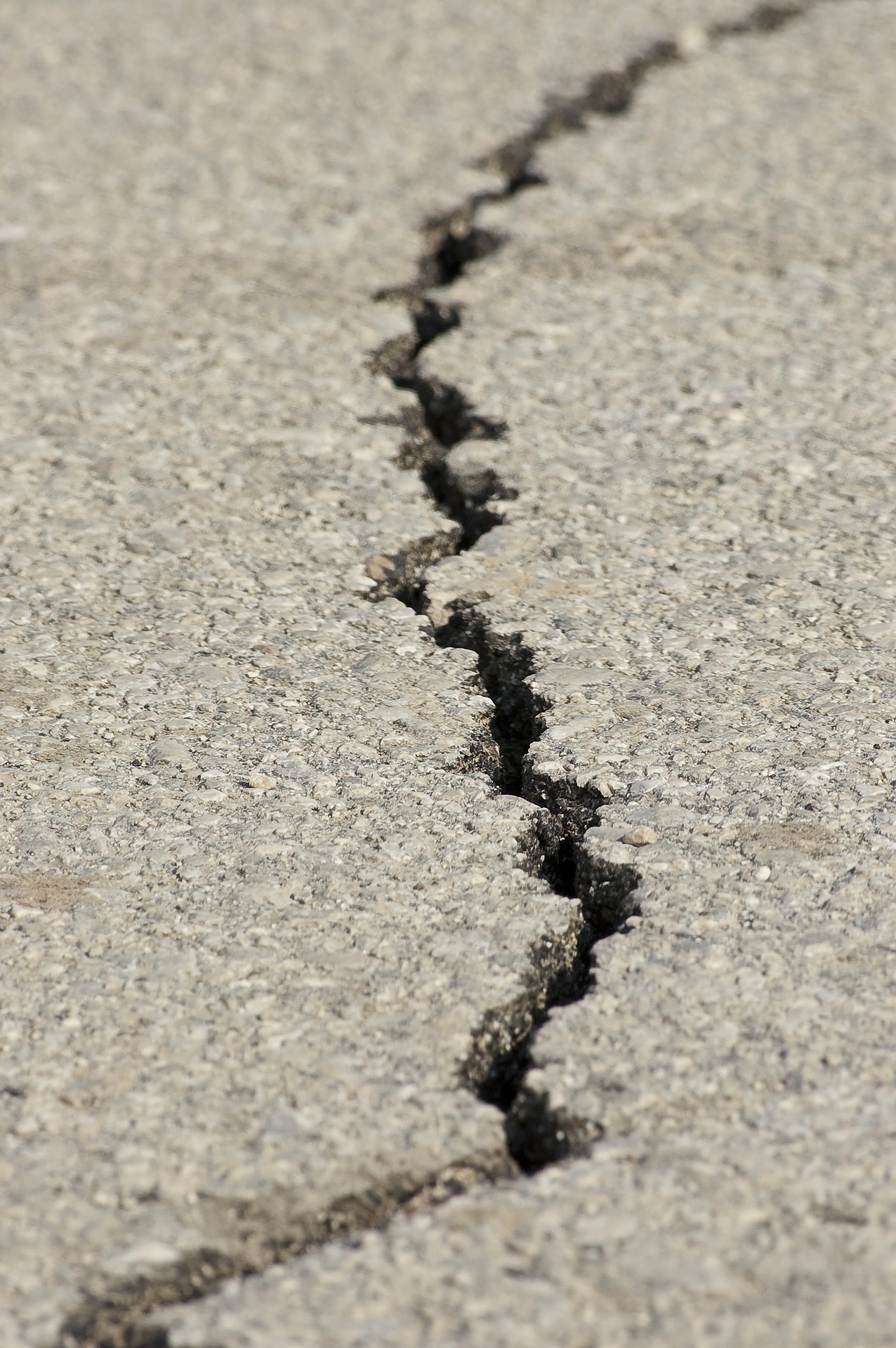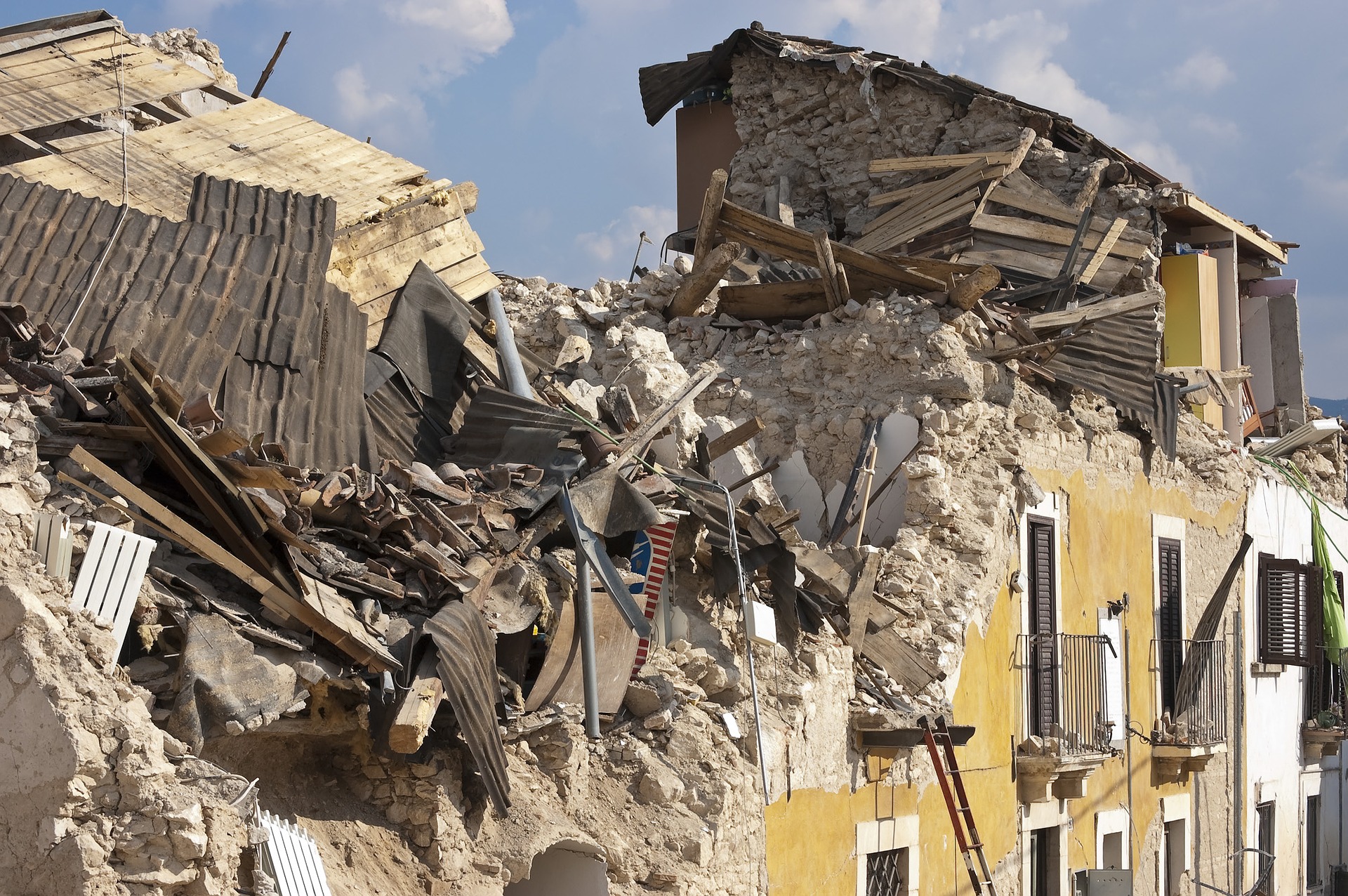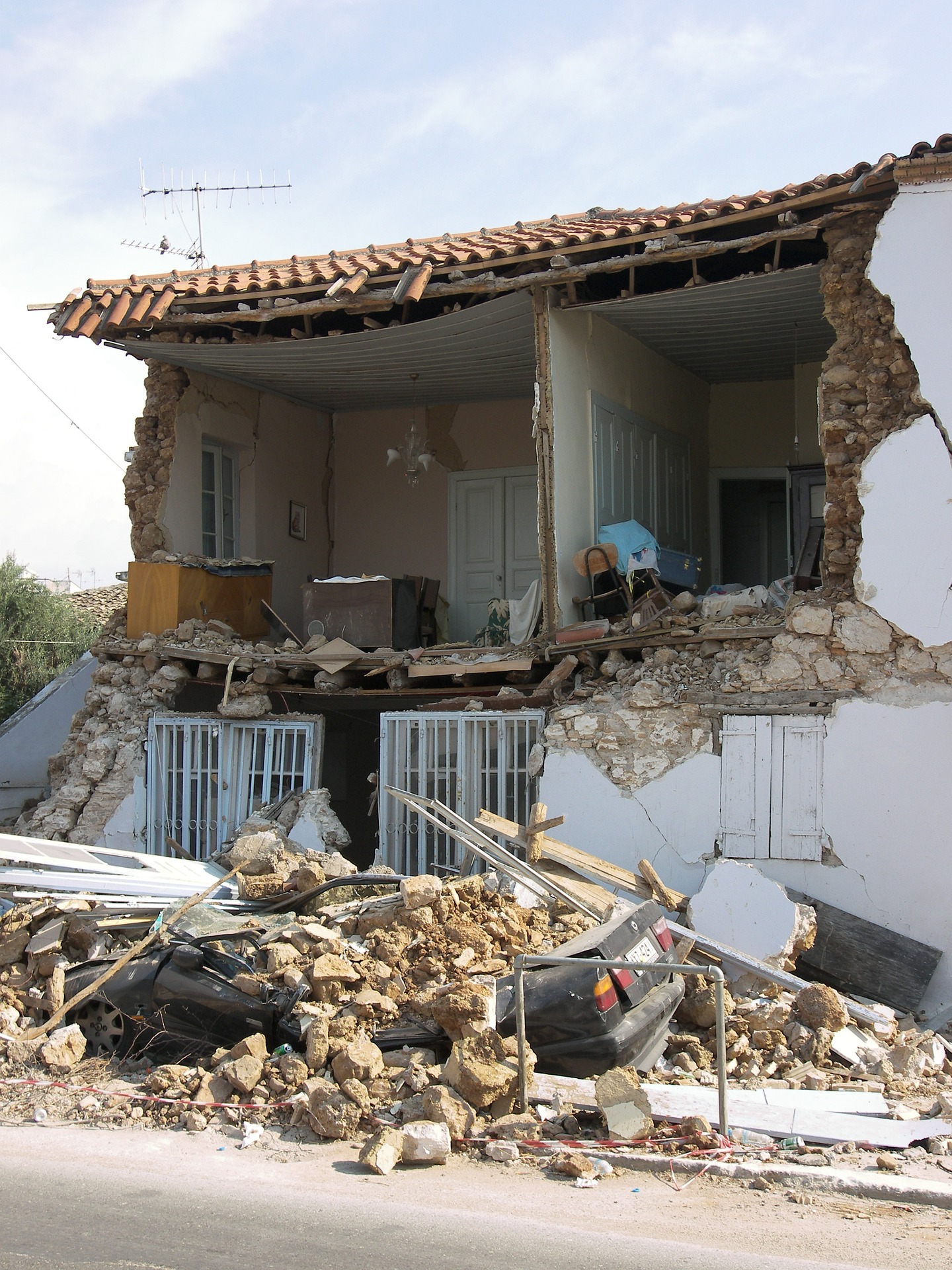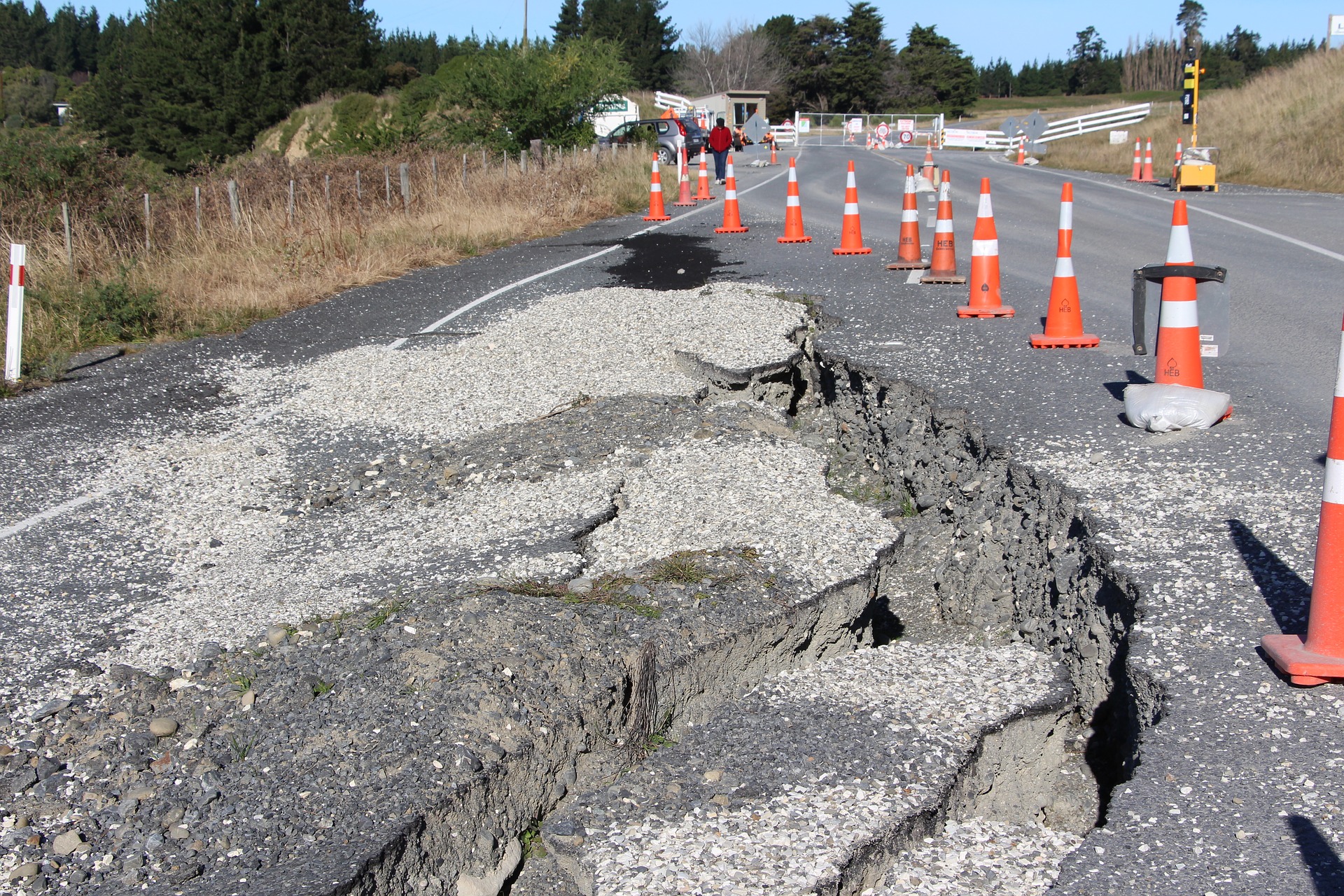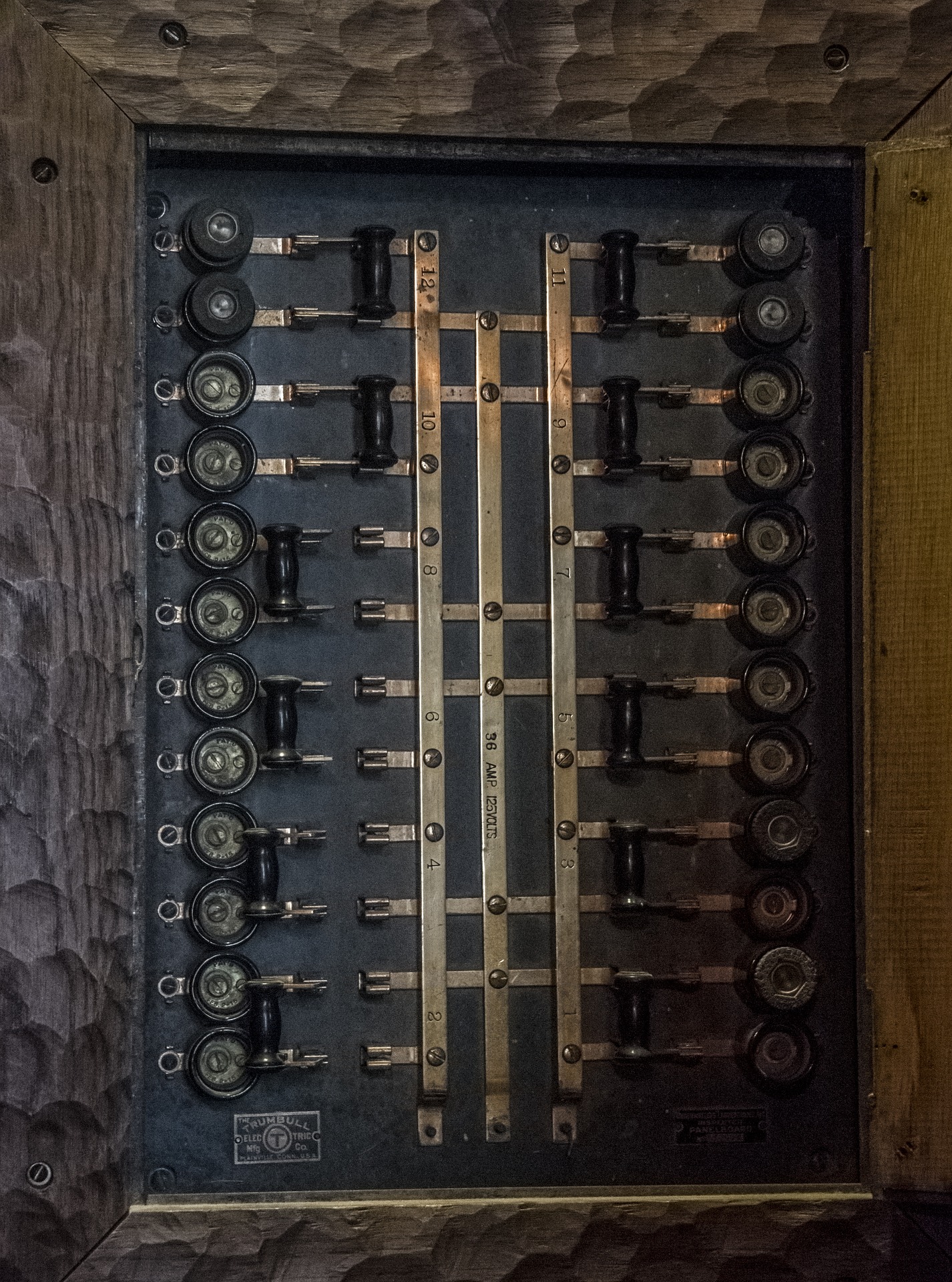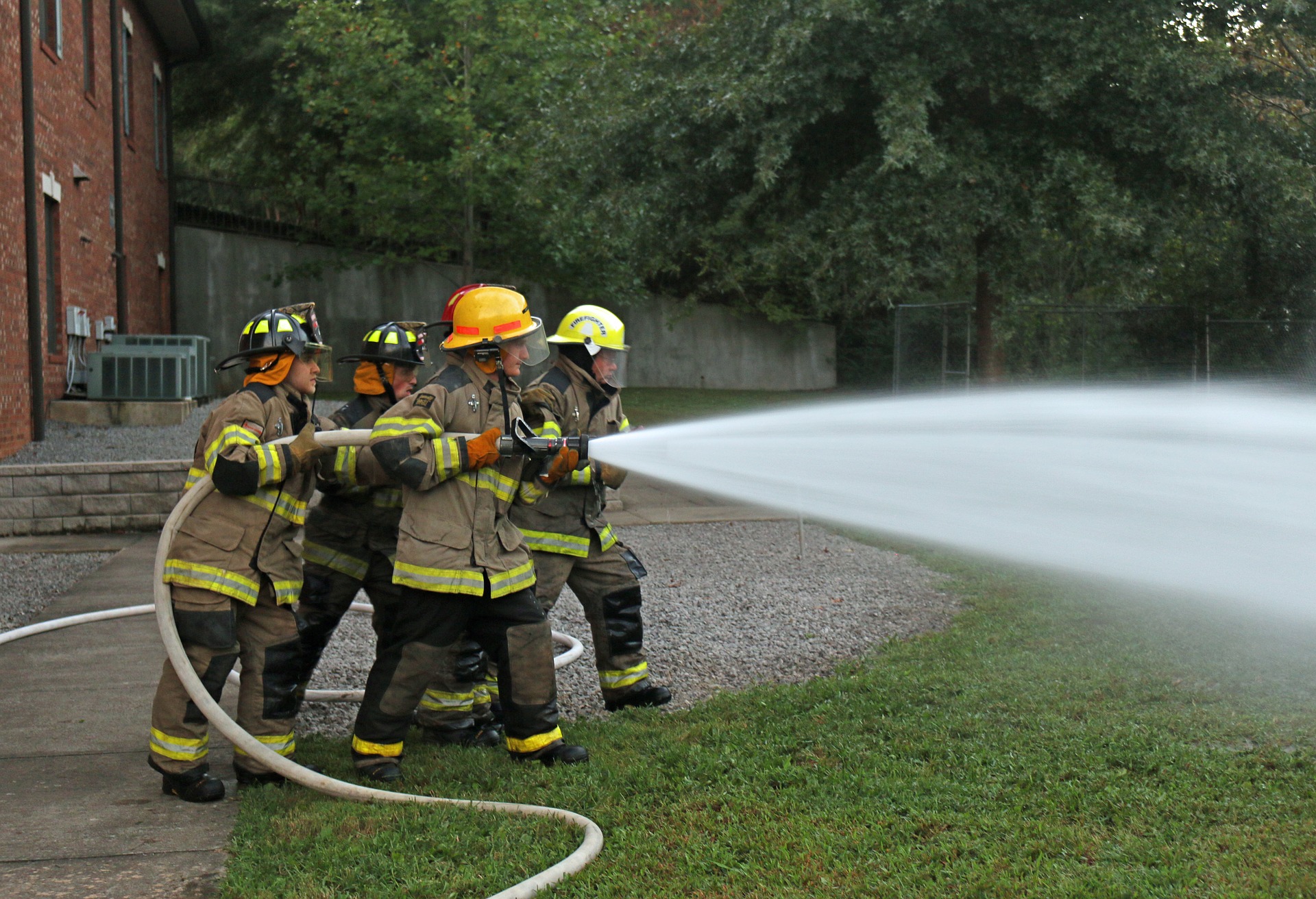Earthquakes are usually caused when rock underground suddenly breaks along a fault. This sudden release of energy causes the seismic waves that make the ground shake. When two blocks of rock or two plates are rubbing against each other, they stick a little. They don’t just slide smoothly; the rocks catch on each other. The rocks are still pushing against each other, but not moving. After a while, the rocks break because of all the pressure that’s built up. When the rocks break, the earthquake occurs. During the earthquake and afterward, the plates or blocks of rock start moving, and they continue to move until they get stuck again. The spot underground where the rock breaks is called the focus of the earthquake. The place right above the focus (on top of the ground) is called the epicenter of the earthquake (mtu.edu).
Neither the United States Geological Society (USGS) nor any other scientists have ever predicted a major earthquake. An earthquake prediction must define 3 elements:
1) date and time,
2) location, and
3) magnitude
Yes, some people say they can predict earthquakes, but here are the reasons why their statements are false:
- They are not based on scientific evidence, and earthquakes are part of a scientific process. For example, earthquakes have nothing to do with clouds, bodily aches and pains, or slugs.
- They do not define all 3 of the elements required for a prediction.
- Their predictions are so general that there will always be an earthquake that fits; such as, (a) There will be a Magnitude 4 earthquake somewhere in the U.S. in the next 30 days. (b) There will be a Magnitude 2 earthquake on the west coast of the U.S. today (usgs.gov).
After an earthquake, it is important to check the following:
